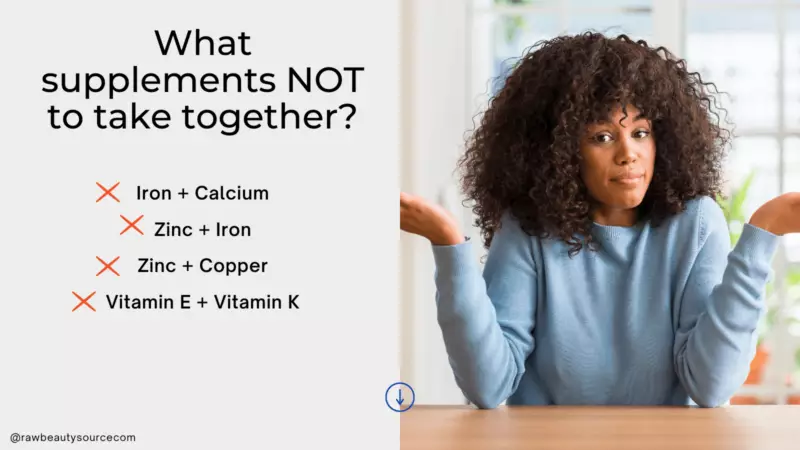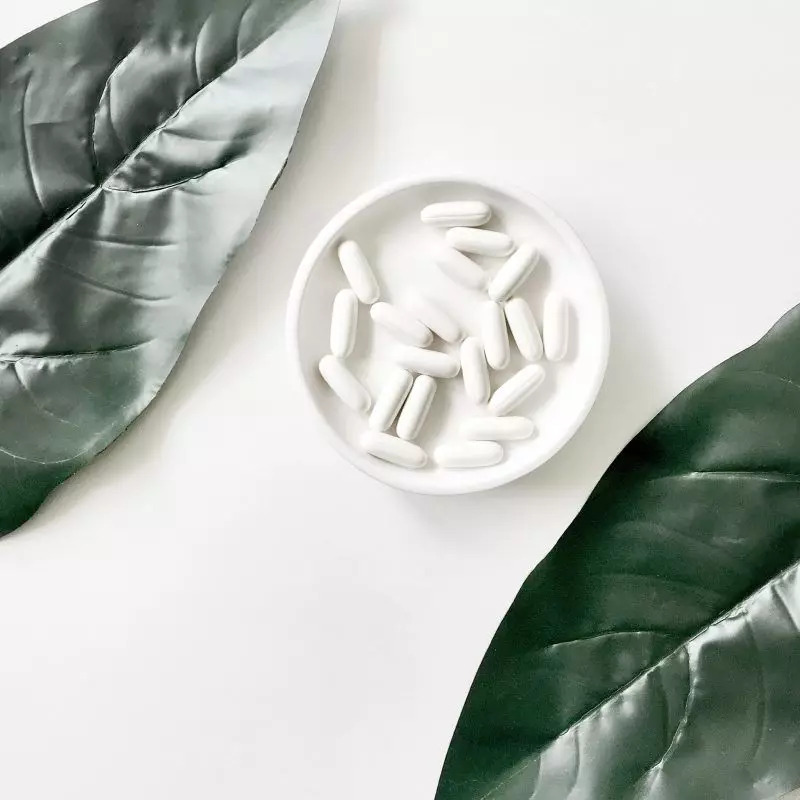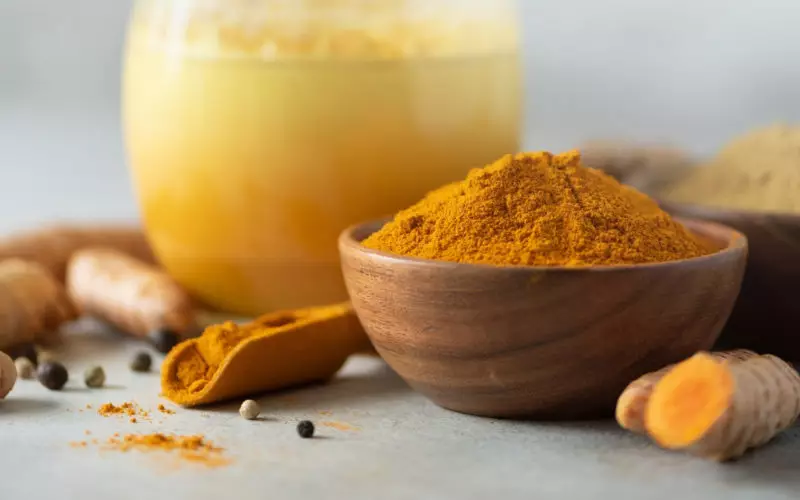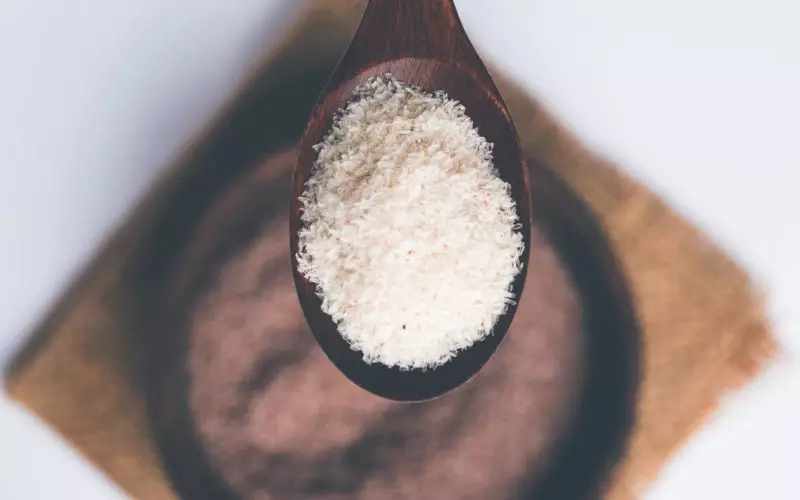
Vitamin and mineral deficiencies are common health conditions that affect millions of people worldwide. And according to a 2012 nutritional report by the Centres of Disease Control and Prevention, the most common micronutrient deficiencies in the US are for vitamins A, C, D, B6, B12, Folate, and Iron. [1]
The most usual causes for such malnutrition are [2] :
- Poor diet (e.g., strict long-term dieting, exclusion of certain food groups, lack of meal diversity)
- Health conditions (which limit the absorption of nutrients in the body or trouble the eating process)
- Eating disorders (like anorexia and orthorexia)
- Medicine intake
- Physical disabilities
- Economical insufficiency.

And in most cases, the usual treatment plan for vitamin and mineral deficiencies is based on dietary changes and intake of supplements.
In RawBeautySource, we stand against unsupervised self-supplementation as it may increase the risk of various health conditions, as well as vitamin and mineral toxicity.
But did you know that not all vitamins and minerals can be taken together? Some micronutrient combinations may limit each other’s absorption, while other combinations may support effective absorption.
In this guide, you’ll find 9 micronutrient duos that work together, as well as 4 combinations that will likely not give you the most out of your supplements.
Let’s get started!

What vitamins and minerals go together?
Harvard Health Publishing suggests various nutrition duos that can be effectively taken together [4] :
Vitamin D + Calcium
Vitamin D improves the absorption of calcium in the small intestine, and this way, supports bone health and a strong immune system.
Besides, vitamin D is a key vitamin required for the effective absorption of iron, magnesium, phosphate, and zinc.
Sodium + Potassium
Did you know that about 90% of all consumed sodium is ingested through salt (sodium chloride)? And about 70% of the daily salt intake of Americans comes from processed and packaged foods (and not from the salt shaker.) [5]
And while sodium supports water retention in the body and overconsumption of this mineral is associated with high blood pressure, kidney disease, and edema, potassium counteracts with these effects, helping the kidneys to excrete excess sodium, lower blood pressure, and this way, reduce the risk of heart and kidney disease in healthy individuals.
That being said, sodium is rarely sold in the form of a supplement, as most people eat double its daily allowance through their diet. [6]
Yet, the relationship between sodium and potassium is important to understand, as including potassium-rich foods (like bananas, potatoes, avocados, broccoli, and spinach) in your diet may help you prevent hypertension-related diseases and health conditions in the long-run.

Vitamin B12 + Folate
Folate (B9) is strongly dependent on vitamin B12 to be metabolized, absorbed, and stored. And vitamin B12 needs folate to effectively support cell division in the body. This way, these two vitamins work closely together and support each other’s absorption, metabolism, and body function efficiency.
Furthermore, evidence suggests that the following supplement combinations can support the effective absorption of micronutrients. [7] [8]
Vitamin C + Iron
Vitamin C (also known as ascorbic acid) may support the absorption of iron in the body (iron deficiency being one of the most common deficiencies in America.)
Vitamin D + Magnesium
Magnesium plays a role in vitamin D “activation.” With sufficient magnesium intake, vitamin D is enabled to effectively support calcium and potassium absorption.
Vitamin E + Selenium
Vitamin E and selenium improve the absorption of one another. This way, sufficient selenium intake may be associated with reduced risk of health conditions related to vitamin E deficiency.
Vitamin A + Zinc
Zinc supports vitamin A absorption. This way, zinc deficiency is suggested to impair vitamin A metabolism.
Vitamin A + Iron
Vitamin A may enhance iron absorption in the body. What is more, iron supplementation together with vitamin A intake is likely to improve iron concentrations in the body more effectively than iron supplementation alone.
Iron + Iodine
Iodine absorption is likely iron dependent. Therefore, the efficiency of iodine supplementation may be improved by pairing it with additional iron intake.

Vitamins and minerals not to take together
Even though some nutrients work together to provide your body with enough nutrients, other nutrient combinations may not be that beneficial. [9] [10] [11]
Iron + Calcium
Evidence suggests that calcium intake may impair the absorption of iron in the body. This way, excess calcium may be associated with iron insufficiency.
Zinc + Iron
In liquid form, iron may limit the absorption of zinc in the body. However, iron in solid foods is unlikely to interact with zinc absorption.
Zinc + Copper
Zinc and copper are both absorbed in the small intestine. However, those two minerals compete for absorption, as zinc may limit the absorption of copper, leading to copper deficiency in the long run.
Vitamin E + Vitamin K
Vitamin E may impair the absorption of vitamin K in the body, and this way, indirectly limit calcium metabolism. While low doses of vitamin E are unlikely to be problematic, excess of this vitamin may increase the risk of vitamin K insufficiency/deficiency.
Conclusion
In this article we’ve looked into only some of the interactions between minerals and vitamins. However, there are many more, which also depend on your current health condition and overall physical wellbeing!
Consult your condition with your healthcare provider who can prescribe you an effective supplementation plan, considering your personal well-being and the potential nutrient interactions that may impact your health.








